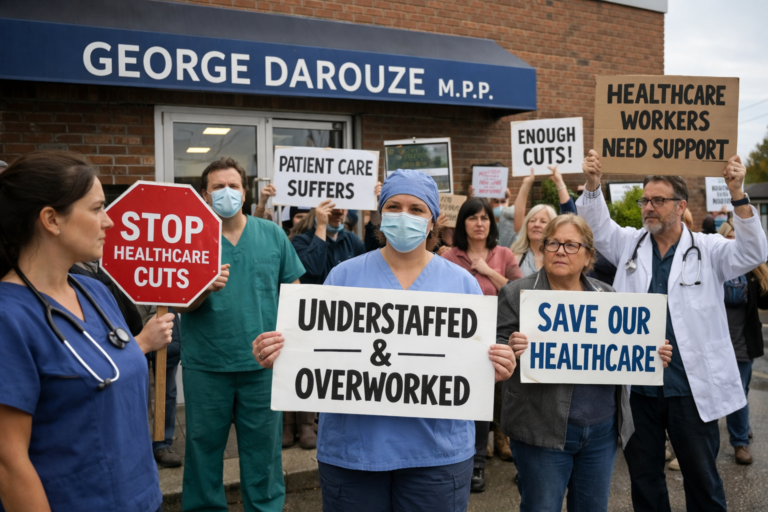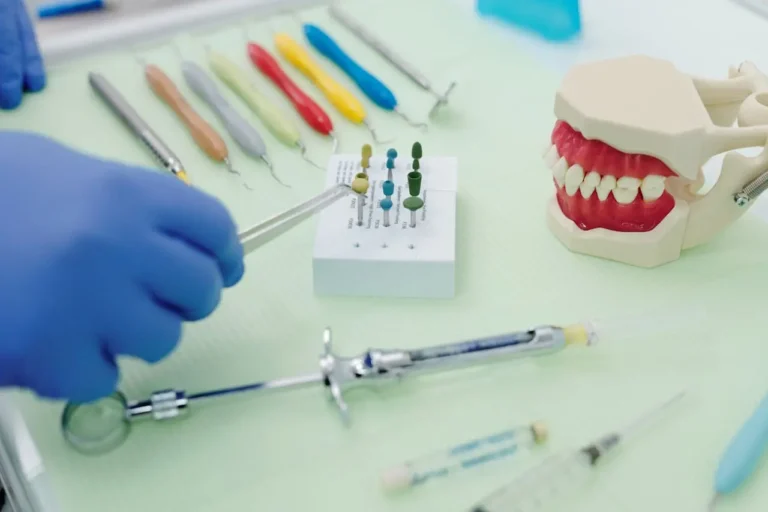
The Advanced Brain + Body Clinic Ketamine TMS (AB+BC), experts in addressing treatment-resistant depression and severe mental health disorders, has included Vagus Nerve Stimulation (VNS) in its treatment options. VNS, approved by the FDA, is a non-medication therapy suitable for severe or bipolar depression cases. It boasts a success rate of 70% for treating depression that hasn’t responded to conventional antidepressants.
VNS serves as a promising alternative for treatment-resistant depression, complementing existing therapies like ketamine and esketamine,” noted AB+BC co-founder Dr. Stephen Manlove. “It offers patients a third option, alongside fast-acting medications and non-invasive treatments like Transcranial Magnetic Stimulation (TMS), expanding their treatment choices.”
Unlike Deep Brain Stimulation that involves brain surgery, Vagus Nerve Stimulation (VNS) for depression entails implanting a small device near the upper chest, similar to a pacemaker. This device stimulates the vagus nerve, triggering natural electrical impulses that affect mood-regulating brain regions. VNS may suit patients who:
- Are 18 years or older with chronic or severe depression or bipolar depression.
- Have experienced depressive symptoms for at least two years or have sought treatment multiple times.
- Feel that depression has significantly impacted their quality of life.
- Prefer to avoid potential side effects associated with antidepressant medications and other treatments.
“VNS is a well-established treatment used by over 130,000 individuals, including children,” mentioned AB+BC co-founder Dr. Brian H. Johns. “Recent advancements in VNS technology and implantable devices have made it more accessible to those who can benefit from it the most.”
Regarding insurance coverage, AB+BC assists patients in navigating insurance policies for VNS treatment. For Medicare beneficiaries, AB+BC is actively enrolling eligible individuals in the RECOVER clinical study, endorsed by device manufacturer LivaNova and aligned with CMS standards, to provide coverage for qualified patients dealing with treatment-resistant depression and bipolar disorder.




